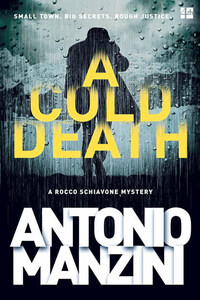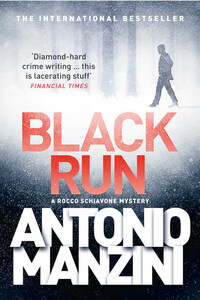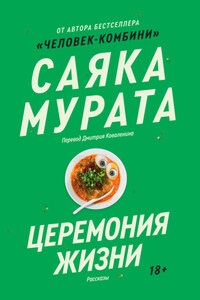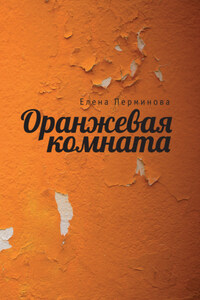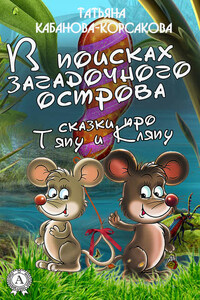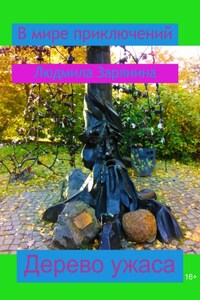4th Estate
An imprint of HarperCollinsPublishers
1 London Bridge Street
London SE1 9GF
www.4thEstate.co.uk
First published in Great Britain by 4th Estate in 2016
First published as Adamâs Rib in the United States by Harper in 2016
Originally published as La costola di Adamo in Italy in 2015 by Sellerio Editore, Palermo
Copyright © Antonio Manzini 2015
English-language translation copyright © 2016 HarperCollinsPublishers
Antonio Manzini asserts the moral right
to be identified as the author of this work.
Cover images © Christie Goodwin/Arcangel (figure);
Johanna Huber/SIME/4Corners (background)
A catalogue record for this book is
available from the British Library.
This novel is a work of fiction. Names, characters, places and incidents either are the product of the authorâs imagination or are used fictitiously. Any resemblance to actual persons, living or dead, events or locales is entirely coincidental.
All rights reserved under International and Pan-American Copyright Conventions. By payment of the required fees, you have been granted the non-exclusive, non-transferable right to access and read the text of this e-book on screen. No part of this text may be reproduced, transmitted, down-loaded, decompiled, reverse engineered, or stored in or introduced into any information storage and retrieval system, in any form or by any means, whether electronic or mechanical, now known or hereinafter invented, without the express written permission of HarperCollins.
Source ISBN: 9780008124335
Ebook Edition © August 2016 ISBN: 9780008124359
Version: 2016-06-10
They were March days, days that bring splashes of sunshine and hints of the springtime to come. Shafts of sunlight, warm, not yet hot, and fleeting, but still: light that colored the world and kindled hopes.
But not in Aosta.
It had rained all night long and pellets of watery snow had pelted down on the city until two in the morning. Then the temperature had plunged by many degrees, handing defeat to the rain and victory to the snow, snow that continued to flake down until six, covering streets and sidewalks. At dawn, the sun came up diaphanous and feverish, illuminating a city washed white while the last straggling snowflakes fluttered lazily down, spiraling onto the sidewalks. The mountains were swathed in clouds and the temperature sat several degrees below freezing. Then a malevolent wind sprang up unexpectedly, charging into the cityâs streets like a raiding party of drunken Cossacks, rudely slapping people and objects.
On Via Brocherel, the wind had only objects to slap, given the fact that the street was deserted. The NO PARKING sign tossed and wobbled while the branches of the small trees planted along the road creaked like the bones of an arthritic old man. The snow, which hadnât yet been packed down, whirled through the air in little wind funnels, and here and there a loose shutter banged repeatedly. Gusts of icy powder swept off apartment building roofs.
As Irina rounded the corner of Via Monte Emilus onto Via Brocherel she was caught by a punch of cold air straight to her face.
Her hair, gathered in a ponytail, swung out behind her; her blue eyes squinted slightly. If youâd taken a close-up of her and knew nothing about the context, you might think she was a madwoman without a helmet riding a motorcycle at 75 miles per hour.
But that sudden icy slap in the face actually felt to her like a gentle caress. She didnât even bother to tug closed the lapels of her gray woolen overcoat. For someone whoâd been born and raised in Lida, just a few miles from the Lithuanian border, that blast of wind was nothing more than a mild spring breeze. While it might still be winter in Aosta in March, back home in Belarus they were dealing with ice and temperatures around 15 degrees, well below freezing.
Irina was walking briskly, her feet clad in a pair of knockoff Hogan sneakers that sparkled with every step; as she walked she sucked on a piece of honey-flavored hard candy sheâd bought at the café after enjoying her breakfast. If there was one thing she loved about Italy, it was breakfast at the café. Cappuccino and brioche. The noise of the espresso machine steaming the milk, churning up the frothy white foam that the barista then blended with strong black coffee and finally sprinkled with cocoa powder. And the brioche, hot, crunchy, melt-in-your-mouth sweet. Just the memory of the breakfasts she used to eat in Lida ⦠those inedible mushy gruels made of barley and oats, the coffee that tasted like mud. And then, the cucumbersâthat bitter taste first thing in the morning. Her grandfather used to chase them down with a glass of schnapps, while her father used to scoop the butter directly off the butter dish into his mouth as if it were some caramel dessert. When she told Ahmed about that, heâd laughed so hard heâd come dangerously close to vomiting. âButter? By the spoonful?â heâd asked in disbelief. As he laughed, he displayed the gleaming white teeth Irina so envied. Her teeth were a dull gray. âItâs the climate,â Ahmed had told her. âIn Egypt the weather is hot and so peopleâs teeth are whiter. The colder it is, the darker the teeth. Itâs the exact opposite of skin color. Itâs all because of the sunshine you donât have. Plus, on top of that, if you start eating butter by the spoonful!â and he laughed some more. Irina loved him. She loved the way he smelled when he came home from the market. The scents of apples and new-mown grass floated off him. She loved it when he prayed to Mecca, when he baked apple cakes for her, when they made love. Ahmed was sweet and considerate and he never got drunk and his breath always smelled of mint. The only drinking he did was a beer every now and then, and even then he would say, âThe Prophet wouldnât approve.â But he did like beer. Irina would look at him and think about the men back home, the way they guzzled hard liquor, their foul breath, the stink on their skin. A mix of stale sweat, vodka, and cigarettes. But Ahmed had an explanation for this stark difference too. âIn Egypt, we wash more often, because you have to be clean when you pray to Allah. And as hot as it is, we dry off very fast. Where youâre from, itâs cold, and you never really get dry. This too is because of the sunshine,â he told her. âIn any case, weâd never eat butter by the spoonful,â and he was bent over laughing again.
